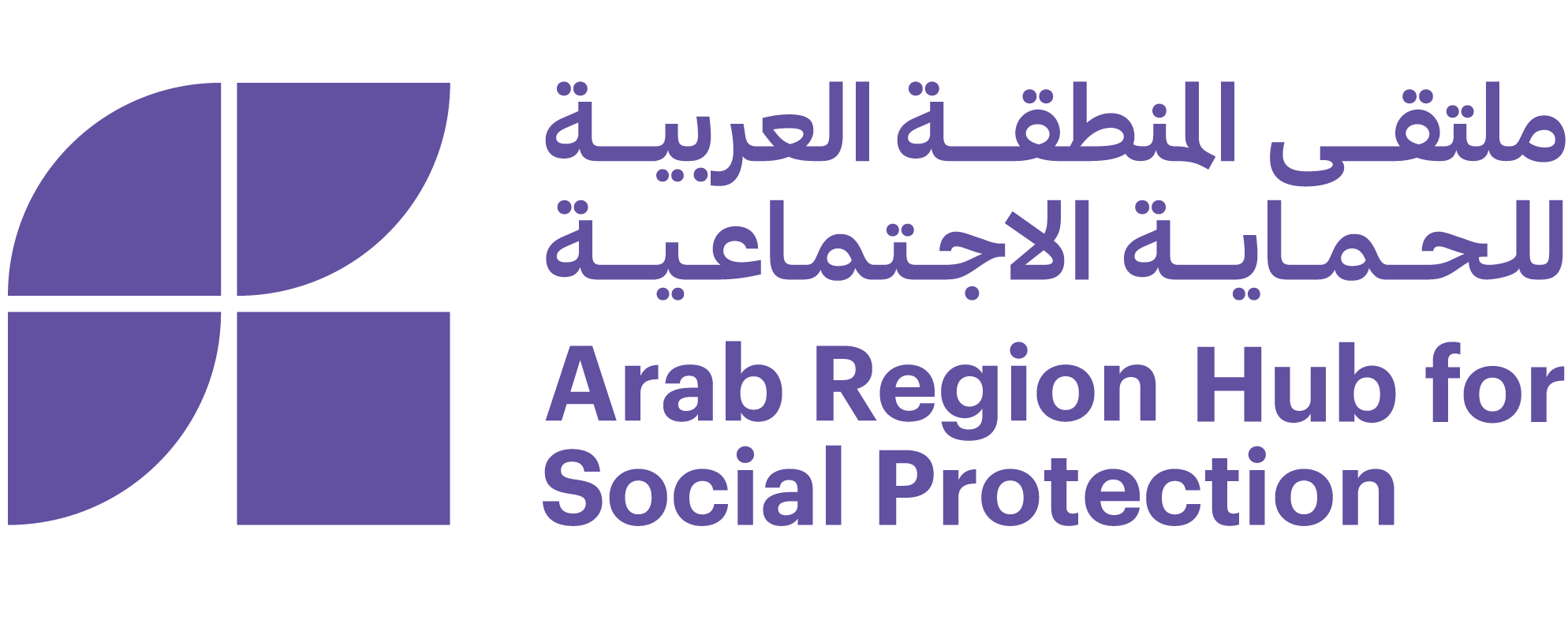
Climate finance has been a cooptation tool in the hands of neoliberal multilateralism whereas, it could be turned into an opportunity to: i) redistribute financial resources within and between countries, and ii) raise government revenues to finance public and social spending. In other terms, it can enhance development effectiveness if rather used in line with the good principles and practices of development financing. This session discusses how international financial institutions (IFIs), especially the World Bank Group (WBG) and the International Monetary Fund (IMF), have been preventing climate debt from being an opportunity to reduce both inter and intra-country inequality as well as finance public/social services. The session also revolves around the waves of activism against this de-facto situation, focusing on the demands and grievances expressed therein, and tapping into the potential that these movements have in making an actual change. Finally, the session aims to propose feasible solutions for environmental and socio-economic justice, as part of larger and incremental shifts in the economic and development paradigms upheld by IFIs.
To watch the webinar: click here

Comments are closed, but trackbacks and pingbacks are open.